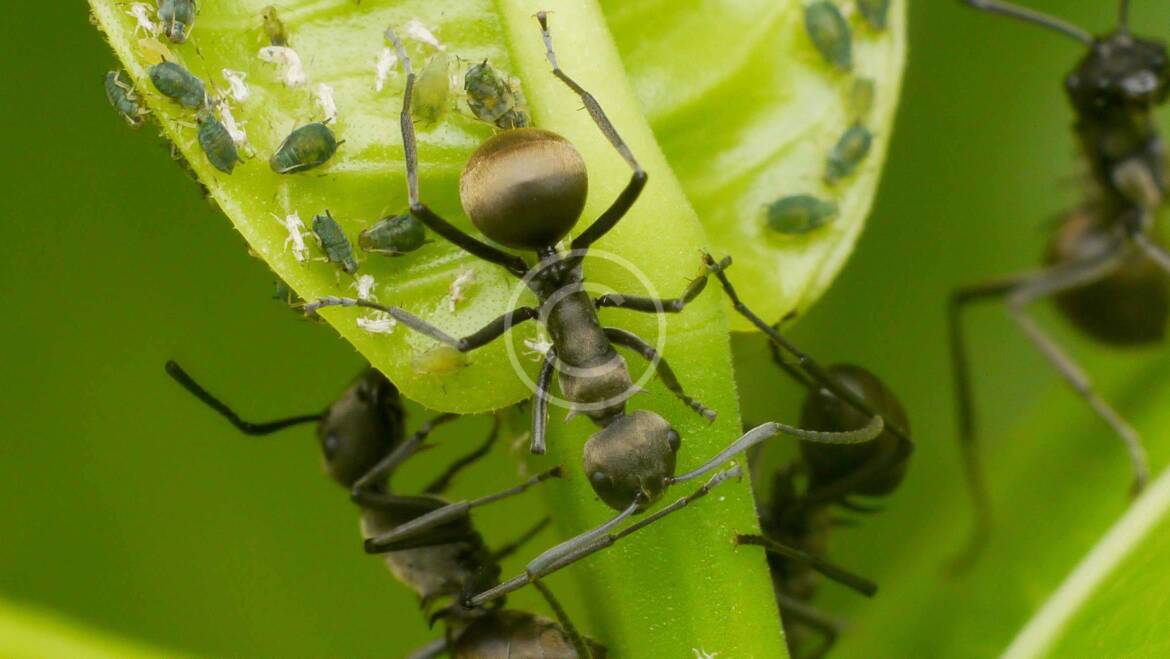Ants are a common household pest that can be both annoying and, in some cases, destructive. Here’s what you need to know about dealing with ants in your house:
- Identification: The first step in addressing an ant problem is identifying the species of ant you’re dealing with. Different ant species have different habits and preferences. Common household ants include sugar ants, carpenter ants, odorous house ants, and pavement ants. Knowing the species can help with effective treatment.
- Entry Points: Ants can enter your home through tiny cracks and openings in walls, windows, doors, and floors. It’s essential to seal these entry points to prevent ants from getting inside.
- Attractants: Ants are often attracted to food and water sources. Keep your kitchen and dining areas clean and free of crumbs. Store food in airtight containers, and promptly fix any plumbing leaks to eliminate water sources.
- Sanitation: Maintaining a clean and hygienic environment is crucial for preventing ant infestations. Regularly clean your home, including countertops, floors, and areas where food is prepared or stored.
- Ant Baits: Ant baits can be an effective way to control ant infestations. These baits contain poison that ants carry back to their nests, eventually killing the entire colony. Place baits in areas where ants are active, but keep them out of reach of pets and children.
- Natural Remedies: Some natural remedies can help deter ants. These include using vinegar or lemon juice to clean surfaces, as ants dislike the smell. You can also use diatomaceous earth, a non-toxic powder that can be sprinkled along ant trails and entry points to deter them.
- Professional Pest Control: If you have a persistent or large ant infestation, or if you’re dealing with species like carpenter ants that can damage the structure of your home, it’s advisable to contact a professional pest control service. They can identify the source of the problem and provide effective treatment.
- Preventive Measures: After addressing an ant infestation, take preventive measures to avoid future problems. Continue practicing good sanitation and sealing entry points. Regular pest control maintenance can also be beneficial.
- DIY Traps: You can create homemade traps to catch and monitor ant activity. For example, a mixture of sugar and borax (a natural ant killer) can be placed in small containers near ant trails.
- Patience: It may take some time for ant treatments to work, as you need to target the entire colony. Be patient and persistent in your efforts.
- Safety: When using pesticides or baits, follow the manufacturer’s instructions carefully. Keep these products away from children and pets. If you’re unsure about using pesticides, it’s best to consult a professional.
Remember that ant infestations can vary in severity, so the approach you take may differ depending on the scale of the problem. It’s essential to address ant issues promptly to prevent them from becoming a more significant concern and causing damage to your home or becoming a nuisance.

